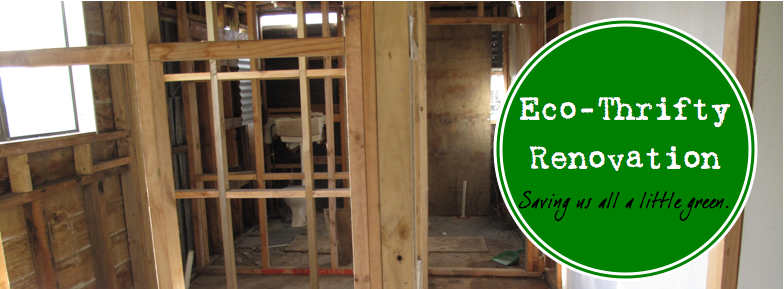Last month in my weekly column I questioned if ‘environment’
and ‘sustainability’ are dirty words in Whanganui as they were hardly mentioned
in the candidates’ statements for the local body elections. One eager candidate
contacted me, and suggested that they were not dirty words, but just that
different language was being used. The candidate suggested terms like
‘sustainable growth’ and ‘sustainable job creation.’
How sustainable is running outdoor lighting during the daytime?
The response leads me to believe that ‘sustainability’ may
not so much be a dirty word in Whanganui as a misunderstood one. This is not so
much of a surprise as, by and large, our schools have not done a good job
educating for sustainability, or even for an understanding of what
sustainability is. That’s a shame because there is a mountain of research
showing that engaging children in sustainability learning can enhance their
learning of maths, science, social science and languages. But that’s not what
I’m here to write about today. (I’ve already written a 400-page thesis on the
topic.)
The term ‘sustainable growth’, when examined through the
lens of sustainability, is an oxymoron. From a sustainability perspective,
growth for growths sake is unsustainable. It is a bit like cancer: it can grow
and grow but ultimately stops growing when it kills the host. Any broadly
accepted definition of sustainability emphasizes balancing economic growth with
environmental protection and social wellbeing.
It appears to me that the candidate must have confused
‘sustainable growth’ with ‘sustaining growth.’ Sustaining growth is
business-as-usual for industrial Western society. It simply means, how do we
keep growth growing? In the words of the Onceler from The Lorax, “biggering and biggering and biggering and
biggering.”
But in the well-known Dr. Seuss story, the Onceler
ultimately runs up against limits to growth. In some ways, sustainability is
about proactively ‘living within limits’ so that we don’t bump up against harsh
realities down the track. These could be ‘Inconvenient Truths’ or debt
defaults.
However, there is a perception that selling ‘living within
limits’ to the population of a consumer society is a bit like selling Wallaby
jerseys at Eden Park. It brings to mind the words of Winston Churchill, “I have
nothing to offer but blood, toil, tears and sweat.”
It’s not really that bad, but there is a common
misunderstanding that sustainability is all about sacrifice and deprivation. In
my experience, this could not be further from the truth. The type of
sustainability that I embrace – based on good eco-design – cultivates win-win-win situations between the environment, economics, and
human needs.
An obvious example of this is energy efficiency. Saving
power saves money while providing the same or better services for people.
Meanwhile, people can use the savings to enhance their lives in other ways:
eating healthy, local food; buying beautiful, local art; hiring a baby-sitter
so mum and dad can go out to a local restaurant.
Do you see a trend developing here? Every dollar we do not
send to power companies in Auckland, Christchurch and Wellington is a dollar
potentially spent right here at home. All of this money already exists in
Whanganui. We do not need to ‘attract’ these dollars here to boost our economy.
From this perspective, I think it is downright silly for us
to voluntarily send millions – yes millions – of dollars away from our city
every year for no reasons that I can discern other than apathy or indifference.
Any concerted effort to save power in Whanganui would simultaneously: help
low-income families and pensioners; support local businesses; lower
health-associated expenses; help the environment; and, create local jobs. How
many wins is that?
Other cities have embraced this logic to great effect. Yet
Whanganui has not, and I’m at a loss as to understand why not. Is it that we
are so wealthy we do not feel we need to worry about saving power and money?
Hardly. Yet, every time I go to the Central Library I am reminded of what
appears to be the apathy or indifference of our Council regarding sustainability.
Lightbulbs burning under a skylight at mid-day.
It has now been over three years since I first mentioned to
library staff that the outside lights were running during the daytime. As of
last week, they were still shining brightly on a sunny day. A conservative
estimate puts the cost to ratepayers at $600 since I first brought the issue up
in October, 2010. How long do participants in a democracy put up with such an
unsustainable waste of their money? With
so much chatter about our city’s debt, and debate over rates, it is
unfathomable to me that we cannot simply turn off a light.
Nelson Lebo



No comments:
Post a Comment